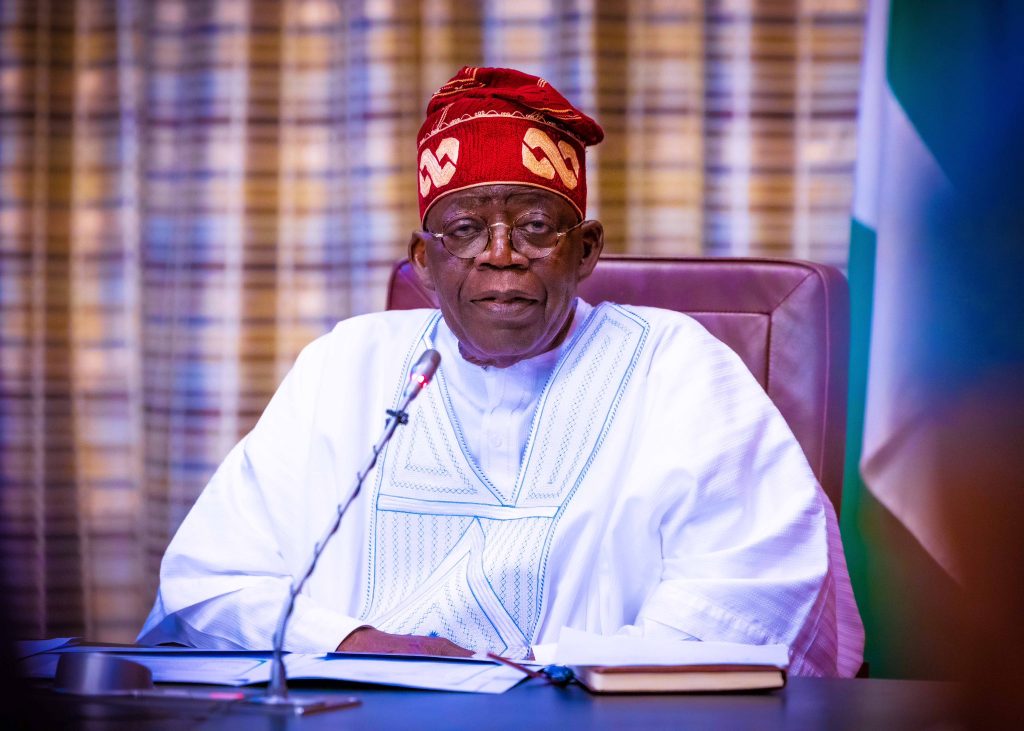President Bola Tinubu has called for understanding from Nigerians as his administration navigates the recent removal of fuel subsidy, emphasizing that this step has been taken for the country’s long-term benefit.
Tinubu delivered this message during a public event in Abuja on Thursday, where he attended the unveiling of the autobiography of elder statesman Edwin Clark.
Represented by George Akume, the Secretary to the Government of the Federation (SGF), Tinubu acknowledged the challenges posed by the subsidy removal but urged patience from the populace.
The Nigerian leader stated, “Solutions to problems can never be as instant as coffee. But we must certainly be there. I know the removal of fuel subsidy has created some things. And that is why palliatives are being put in place of 100 trucks.”
Tinubu affirmed that efforts were underway to counterbalance the repercussions of the subsidy removal. He highlighted the distribution of fertilizers and grains to states, the allocation of buses, and the ongoing provision of assistance.
He encouraged citizens to bear the temporary difficulties, emphasizing that the current trials are paving the way for a brighter future.
He added, “We can endure this for a moment. What we are going through today is for a better tomorrow. Nations are great because citizens have hope. They have hope that tomorrow will be better than today.”
Tinubu’s statement aligns with the Federal Government’s recently approved palliative measures for state governments. Following a National Economic Council (NEC) meeting, N5 billion was allocated to each state and the Federal Capital Territory (FCT), accompanied by the provision of grains and other essentials.
Governor Babagana Zulum of Borno State, while addressing the press, detailed the measures undertaken. He disclosed the allocation of rice and maize to state governors and the purchase of 100,000 bags of rice and 40,000 bags of maize. These actions were intended to mitigate the effects of the petroleum subsidy removal.
Zulum further elucidated that 52 percent of the funds were provided as grants, while the remaining 48 percent was allocated as loans.

